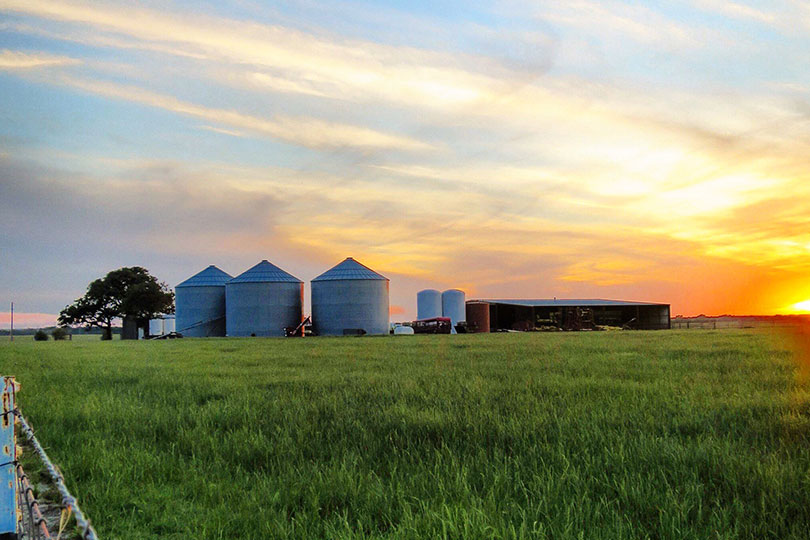By Shelby Shank
Field Editor
Legislation was re-introduced to help family-owned farms and ranches continue on for future generations.
The Preserving Family Farms Act of 2023, which was introduced by U.S. Reps. Jimmy Panetta (D-CA) and Mike Kelly (R-PA), would modify tax law, allowing farmers and ranchers to pay estate taxes based on the value of their land for agricultural use.
“Outdated provisions in our tax laws are punishing family farms and causing them to split up or sell the land upon which they have spent generations working and building up,” Panetta said. “The Preserving Family Farms Act would ease the burden on these operations by ensuring that farms are appraised by the value of their business rather than for development.”
A special use valuation in the tax code was created by Congress in 1976 to protect farmers and ranchers from excessive estate taxes. However, agricultural land values have increased by more than 200% since then. The special use valuation no longer meets its intended goal of protecting farmers and ranchers who are most vulnerable to estate taxes, according to the bill’s supporters.
Estate taxes are a particular concern for farmers and ranchers because they are based on market value of the asset and not for the land’s agricultural use. Farms with assets above the estate tax exemption often must liquidate some of those assets to meet estate tax obligations, which can reach as high as 40% of the taxable amount.
Surviving family members have few options other than to sell off farm and ranch assets, jeopardizing the viability of their businesses and the future of family farms.
Farmers and ranchers need a permanent fix.
“Families shouldn’t be forced to sell off or split up their farm that has often been in their name for generations,” Kelly said. “To support the next generation of American farmers, we must do everything we can to ensure that family farms aren’t burdened with a sky-high estate tax should a loved one pass away. This bill will go a long way toward helping hardworking folks stay on their land in their time of need and for generations to come.”
Tax laws must protect, not harm, farmers and ranchers, agricultural groups say.
“Texas farm and ranch families often face a significant financial burden when they have to pay estate taxes and should be able to continue operation without having to sell land, livestock or equipment,” said Laramie Adams, Texas Farm Bureau Associate Director of Government Affairs. “Farmers and ranchers should be able to pay based on the use of their land, rather than its development value. If enacted, this legislation would help protect family-owned farms and ranches they have spent decades building.”
The Preserving Family Farms Act has been endorsed by Texas Farm Bureau, American Farm Bureau Federation, National Cattlemen’s Beef Association and several other farm and ranch groups.


Leave A Comment